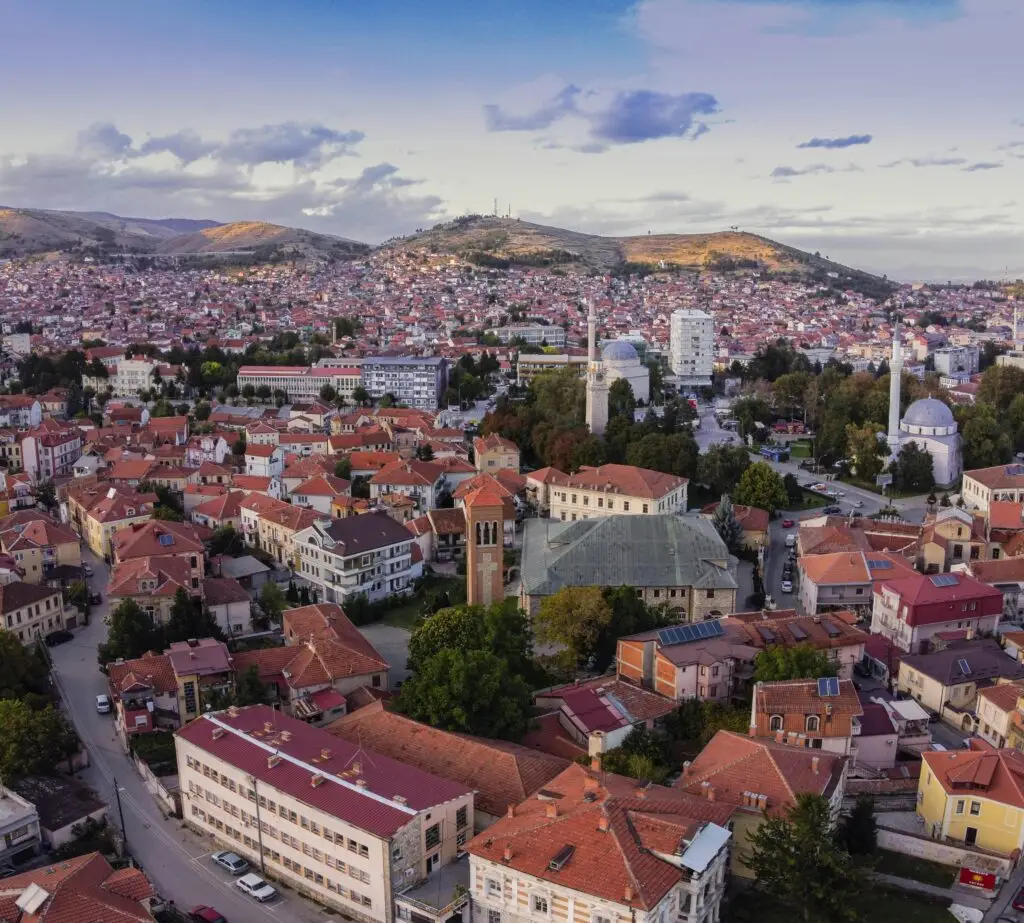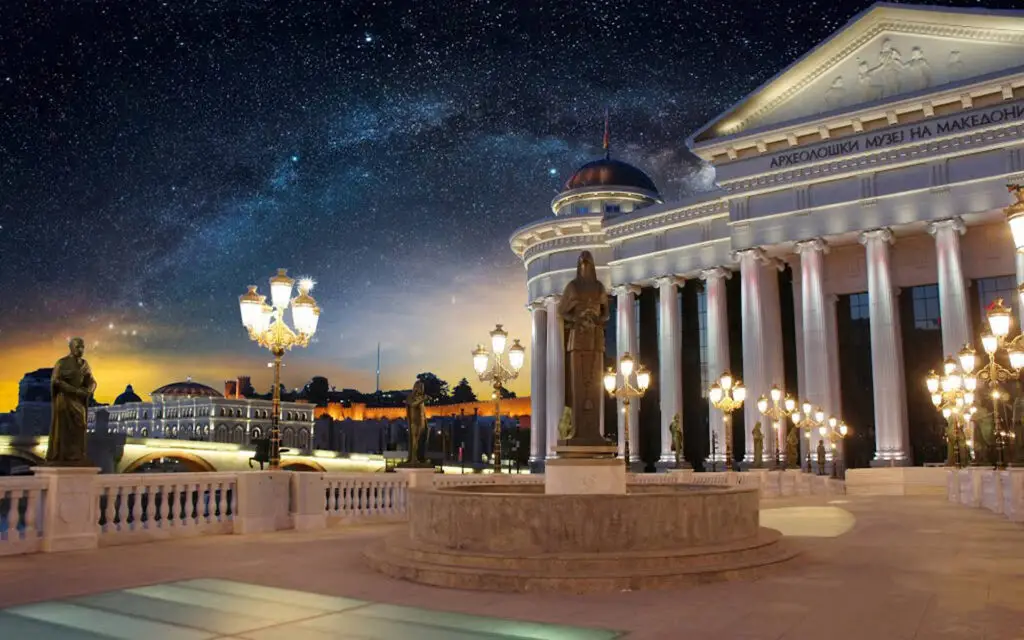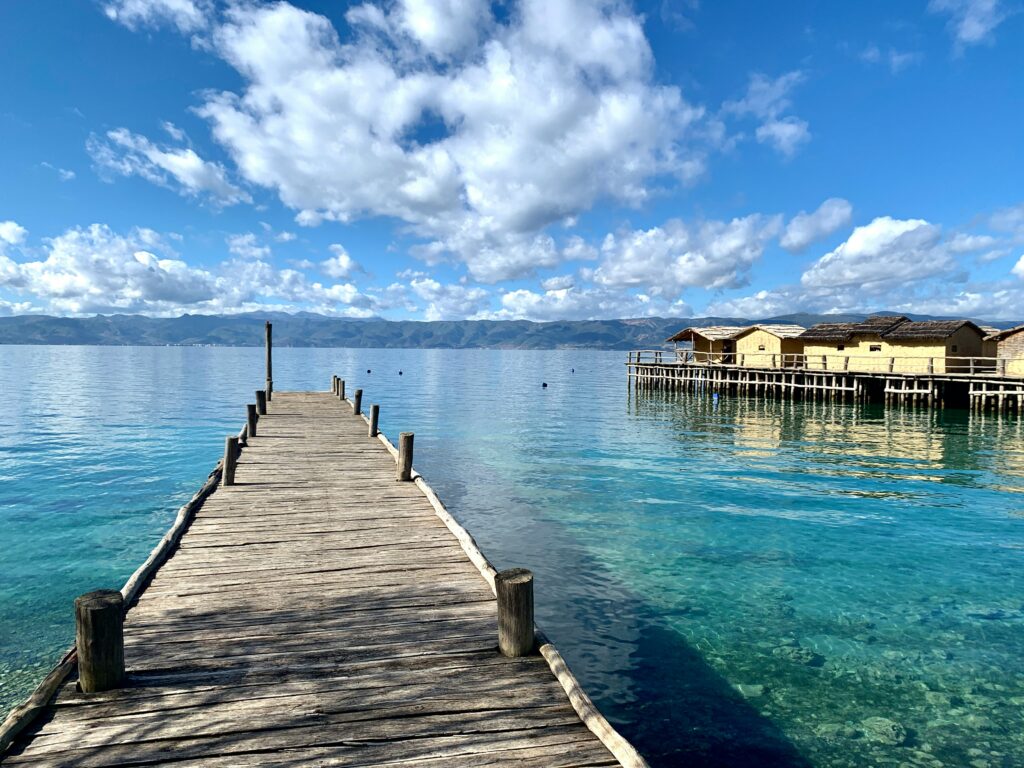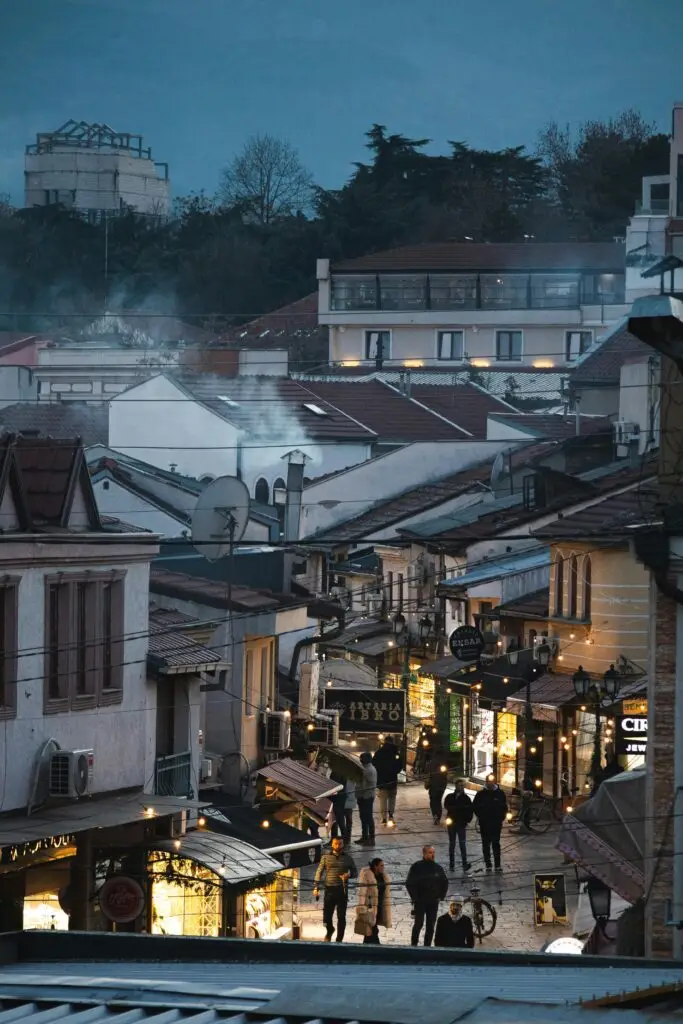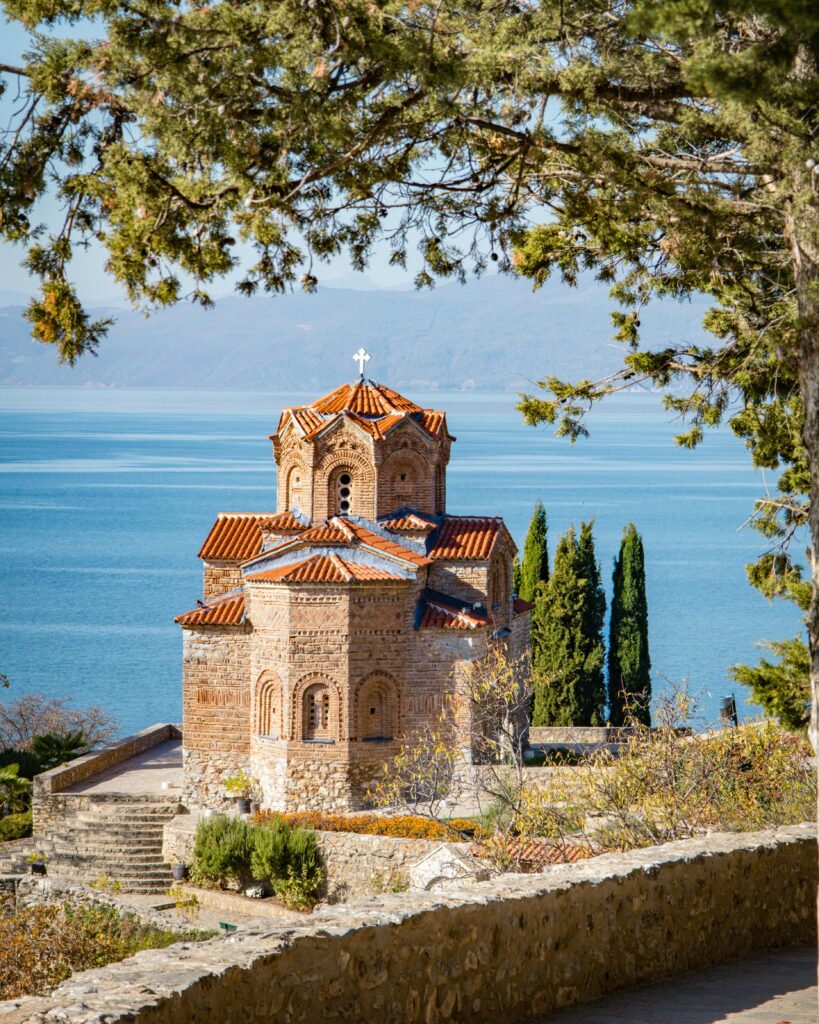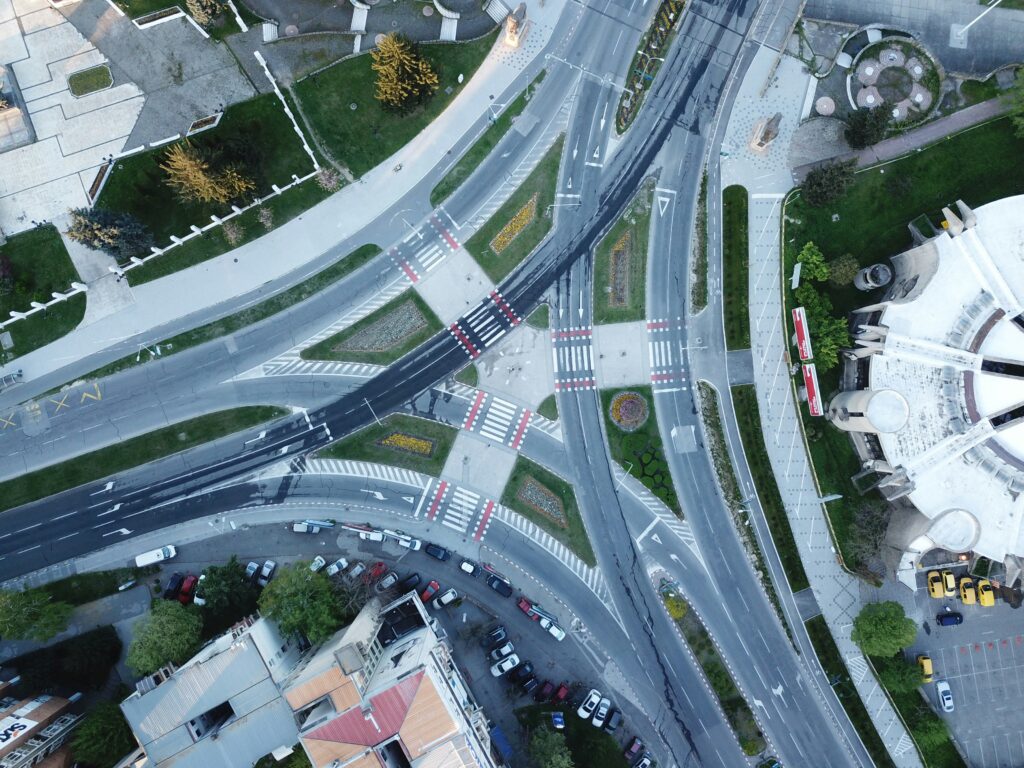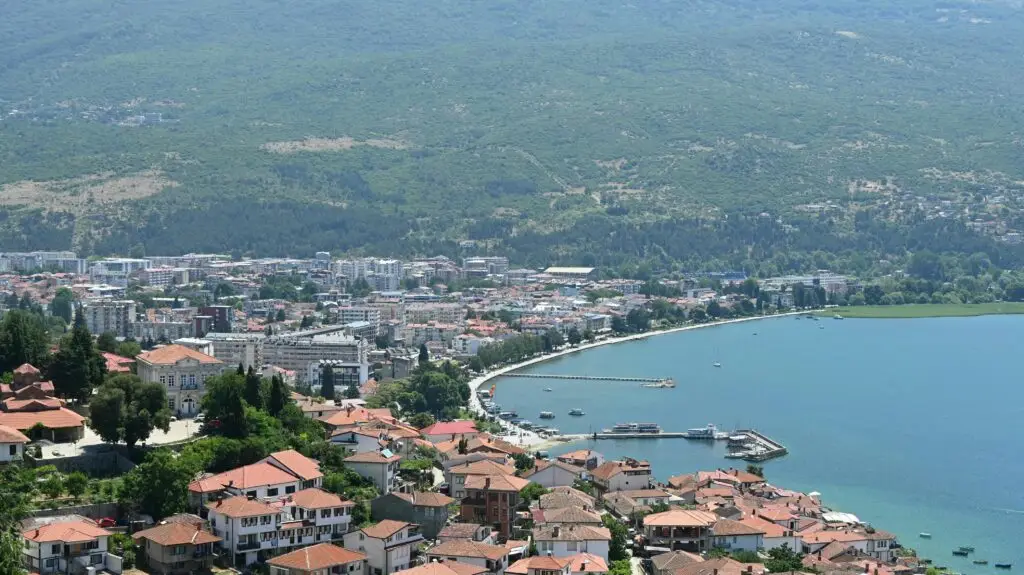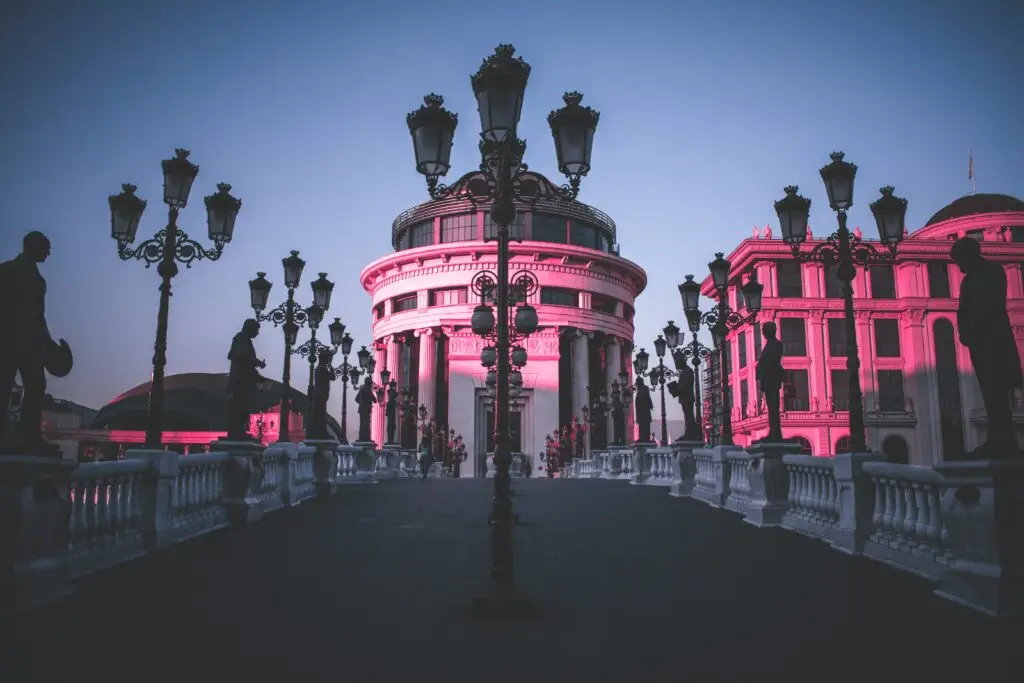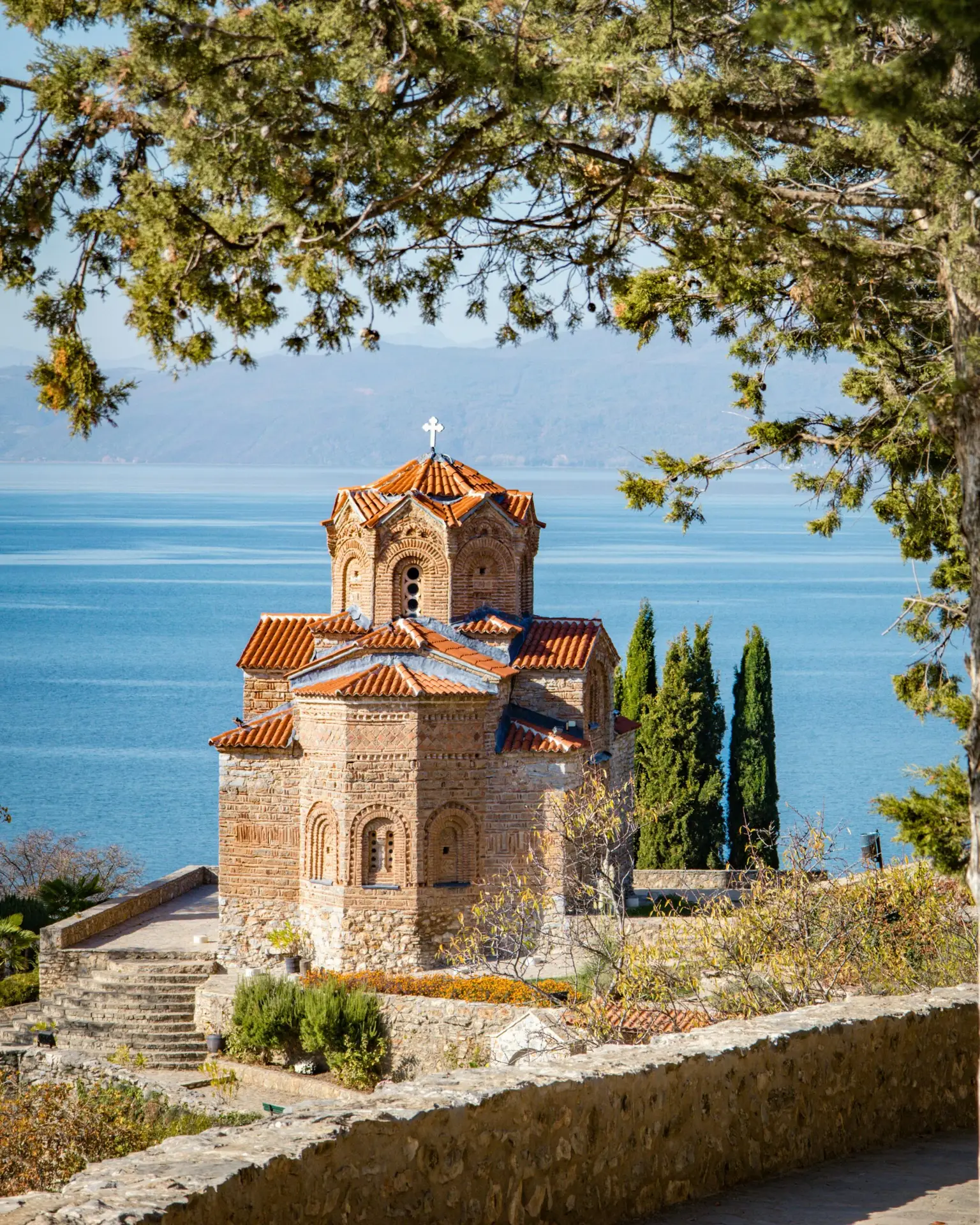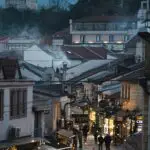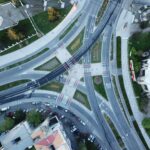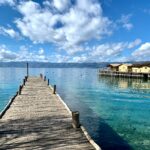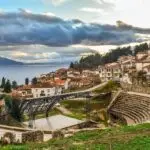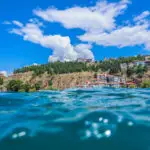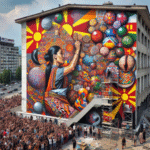Now Reading: Finding Home: Expat Stories from North Macedonia’s Growing International Community
-
01
Finding Home: Expat Stories from North Macedonia’s Growing International Community
Finding Home: Expat Stories from North Macedonia’s Growing International Community

From digital nomads to entrepreneurs, academics to artists, an increasing number of international residents are choosing North Macedonia as their home. We meet the diverse expats creating new lives in this welcoming Balkan nation.
When British photographer James Wilson first visited Ohrid on assignment five years ago, he had no plans to stay beyond the week needed to complete his project on Balkan lake ecosystems. Three days into his trip, he called his editor in London to request an extension. Five years later, he’s still here, having transformed a centuries-old stone house in Ohrid’s old town into both his home and gallery.
“Something about this place gets under your skin,” Wilson explains, sipping rakija on his terrace overlooking the lake’s shimmering surface. “The quality of light, the pace of life, the way strangers became friends within days of my arrival – I found myself postponing departure again and again until eventually, I just admitted to myself that I’d found home.”
Wilson represents a growing trend of international residents choosing to put down roots in North Macedonia. While the country has yet to see the large expatriate influxes experienced by neighbouring Greece or Croatia, its combination of affordability, natural beauty, improving infrastructure, and genuinely welcoming attitude toward foreigners has created a small but diverse international community spanning all age groups and professions.
For American tech entrepreneur Sarah Chen, who relocated her startup from Silicon Valley to Skopje two years ago, the decision was initially driven by practical considerations. “Our runway was shrinking, and we needed to extend our funding,” she explains from her co-working space in Skopje’s emerging tech district. “North Macedonia offered significant cost advantages while still providing the talent pool and connectivity we needed.”
What began as a financial strategy evolved into something more meaningful. “I expected to miss California constantly, but instead found myself appreciating aspects of life here that I never considered – the stronger community bonds, the emphasis on work-life balance, the way business relationships are built on personal connections rather than just transactions.”
Chen’s company now employs fifteen people, including both local and international staff. “The diversity of perspective has made our product stronger,” she notes. “And as a female founder, I’ve found Skopje’s tech scene surprisingly welcoming compared to some Western hubs.”
The digital nomad community has also discovered North Macedonia’s advantages. At Nomad Base, a co-living and working space in Bitola, French web developer Thomas Lefèvre coordinates remote projects for clients across Europe while enjoying the city’s café culture and proximity to national parks.
“I originally planned to stay one month,” he laughs. “That was eighteen months ago. The combination of fast internet, affordable living costs, and genuine local experiences makes this an ideal base. Unlike some digital nomad hotspots, we’re still few enough here that integration with the local community happens naturally.”
That integration is something Northern Irish professor Emma Thompson has experienced deeply during her three years teaching at South East European University in Tetovo. “Academic positions brought my husband and me here, but the intercultural learning has been the unexpected gift,” she reflects. “Our neighbours have been extraordinary – teaching us language, involving us in seasonal traditions, basically adopting us into their extended family.”
The Thompson family’s experience highlights North Macedonia’s family-friendly aspects for expatriates. “Our children attend local schools where they’ve become fluent in Macedonian and Albanian,” she explains. “They’ve developed a cross-cultural confidence that no international school could provide, alongside deep friendships across different communities.”
For retired couples, the country offers different advantages. Dutch retirees Jan and Annemieke Visser split their time between Amsterdam and their renovated farmhouse in a village near Berovo. “The cost of living allows our pensions to go much further,” explains Jan. “But more importantly, we’ve found purpose here that we’d lost in retirement back home.”
The couple has become involved in local agricultural initiatives, with Annemieke teaching sustainable farming techniques while Jan helps local producers develop export strategies for organic products. “We’re not just living here – we’re contributing to and learning from the community in ways that keep us vital.”
This integration isn’t without challenges. While major cities offer increasingly international environments, language remains a consideration for deeper engagement with society. “I committed to learning Macedonian from day one,” says Wilson. “Even my broken attempts were appreciated and helped forge connections impossible through English alone.”
Administrative processes can present hurdles as well. Residence permits, banking procedures, and property purchases require patience and often local assistance. “The bureaucracy can be frustrating,” admits Chen, “but I’ve found officials genuinely want to help, even when systems aren’t as streamlined as we might be used to.”
The country’s developing healthcare system prompts some expatriates to maintain international insurance coverage, though many report positive experiences with local medical care. “For routine matters, we use local doctors,” explains Thompson. “The personal attention and house calls are actually superior to what we experienced in the UK.”
Community support has evolved to meet growing expatriate needs. Facebook groups like “Expats in Macedonia” provide forums for sharing information and experiences, while regular meetups in major cities help newcomers connect. Several relocation services now assist with everything from apartment hunting to navigating residence requirements.
Local attitudes toward foreigners choosing North Macedonia as home remain overwhelmingly positive. “There’s a genuine curiosity and openness,” notes Lefèvre. “People are proud when foreigners appreciate their country enough to stay, and go out of their way to help you connect with local life.”
This welcoming spirit particularly strikes those who’ve experienced expat life elsewhere. “In some countries, you remain an outsider forever,” reflects Wilson. “Here, you’re invited into homes, included in celebrations, treated as part of the community once people know you’re staying.”
As North Macedonia continues developing its tourism and business sectors, the expatriate population seems likely to grow. Yet current residents hope the authentic connections that make living here special will remain. “What makes this experience so meaningful is that it’s still genuine,” says Chen. “We’re not living in an expatriate bubble but participating in the real life of a country discovering its future. That’s a privilege you can’t find everywhere.”


